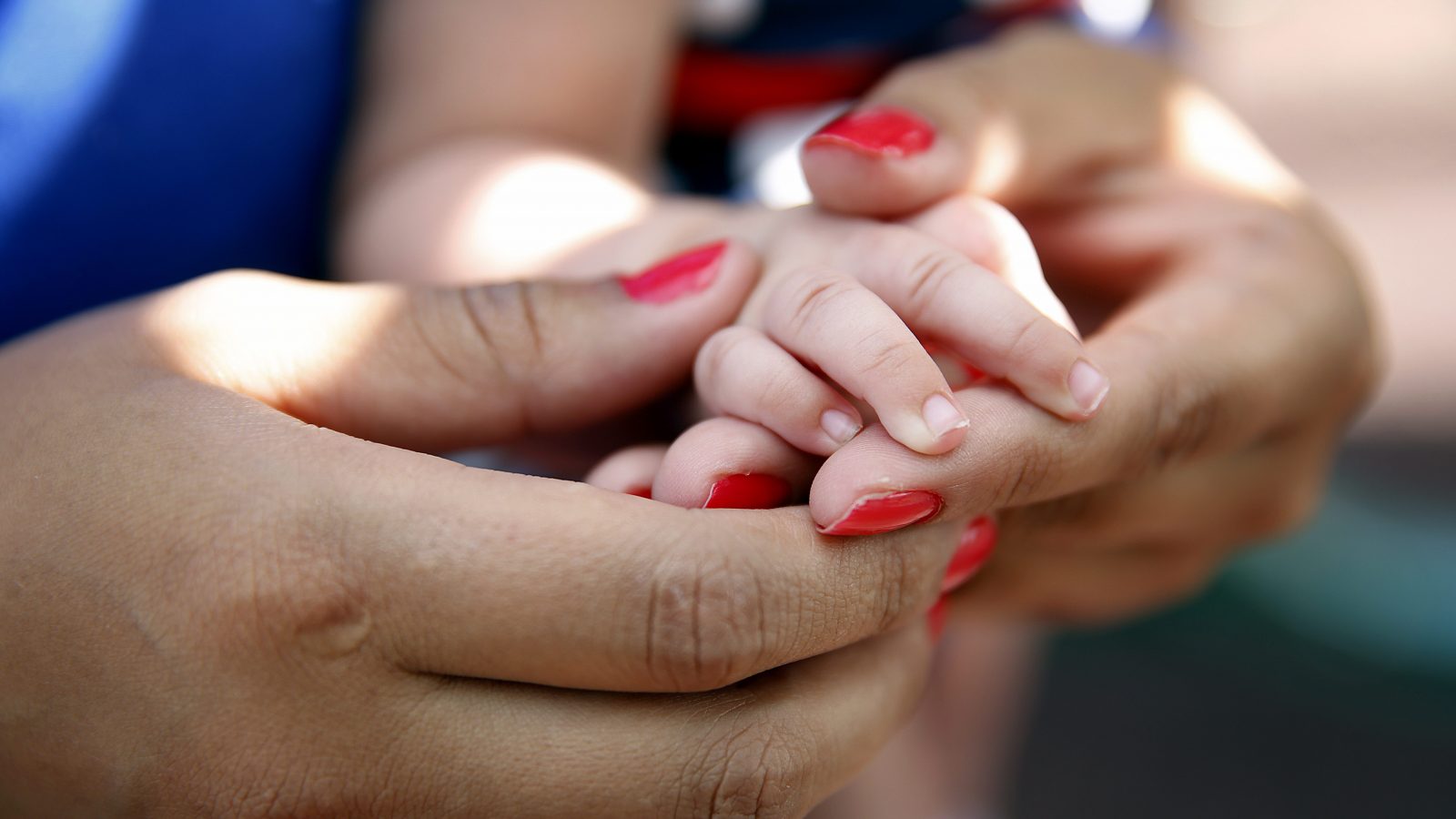As if pregnant women didn’t already have enough to worry about, now they can add climate change to the list. According to new research, heat waves have the unexpected side effect of bringing babies into the world too early, an event that can lead to lifelong respiratory problems.
The study, published this week in the journal Nature Climate Change, looked at 56 million births in the United States from 1969 to 1988. It found that about 25,000 babies a year were born early as a result of unpredictably hot weather. When temperatures crested to 90 degrees F or above, the number of deliveries bumped up, shortening some pregnancies by up to two weeks.
That might sound like a trivial amount of time, but studies show that babies born a week or two early are more likely to develop respiratory issues, higher blood pressure, and neurological conditions. Other research suggests that for newborns and babies in the womb, the damage from heat exposure can persist into adulthood.
Though previous evidence has shown that hot weather can shorten pregnancies, the new study is the most comprehensive one so far. It doesn’t solve the mystery of why higher temperatures can accelerate labor; researchers suspect that heat might increase the mother’s level of oxytocin (a hormone that plays a role in delivery) or lead to cardiovascular stress or loss of sleep, triggering early labor.
Either way, the study found that cranking up the A/C can help women protect their unborn babies from many of the effects of extreme heat. The problem is A/C also happens to be a big contributor to climate change. Perhaps it won’t come as a surprise that white mothers, who are more likely to have the means for air-conditioning their homes, saw fewer heat-related early births than black mothers.
As the planet warms up, sweltering heat is becoming all the more common. Some predict that the United States could see an additional month’s worth of days over 90 degrees by the end of the century. By then, according to the latest study, blistering temperatures could cause about 42,000 babies to be born early every year.
Heat is by no means the only concern when it comes to children and the climate crisis. Air pollution from burning fossil fuels, for instance, is associated with early birth and low birth weight. Research published last month in The Lancet shows that the overheating planet means young people face higher risks of disease and poor nutrition than older generations. Babies born today could live to see a world that’s 4 degrees C warmer (that’s 7.2 degrees F) if carbon emissions continue at their current rate. That’s the difference between the annual average temperature in New York City and Atlanta.



